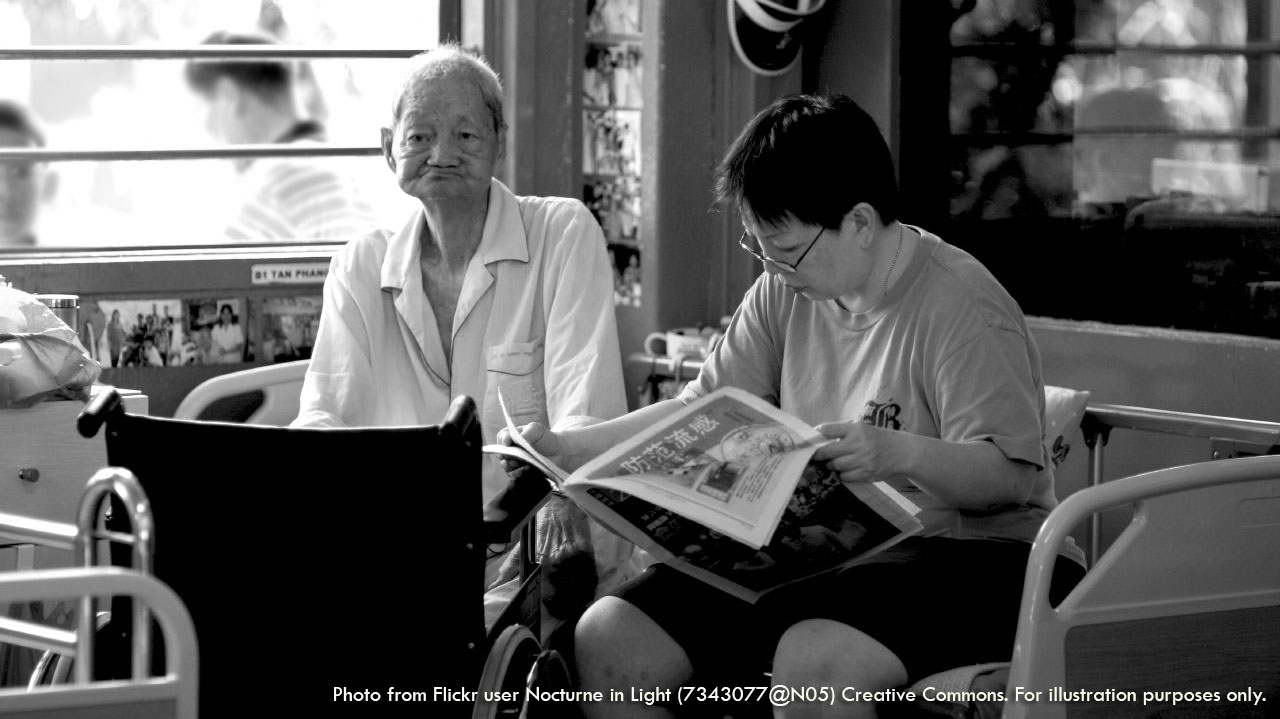There will be free breakfasts for all students in Malaysia… but it comes with a twist
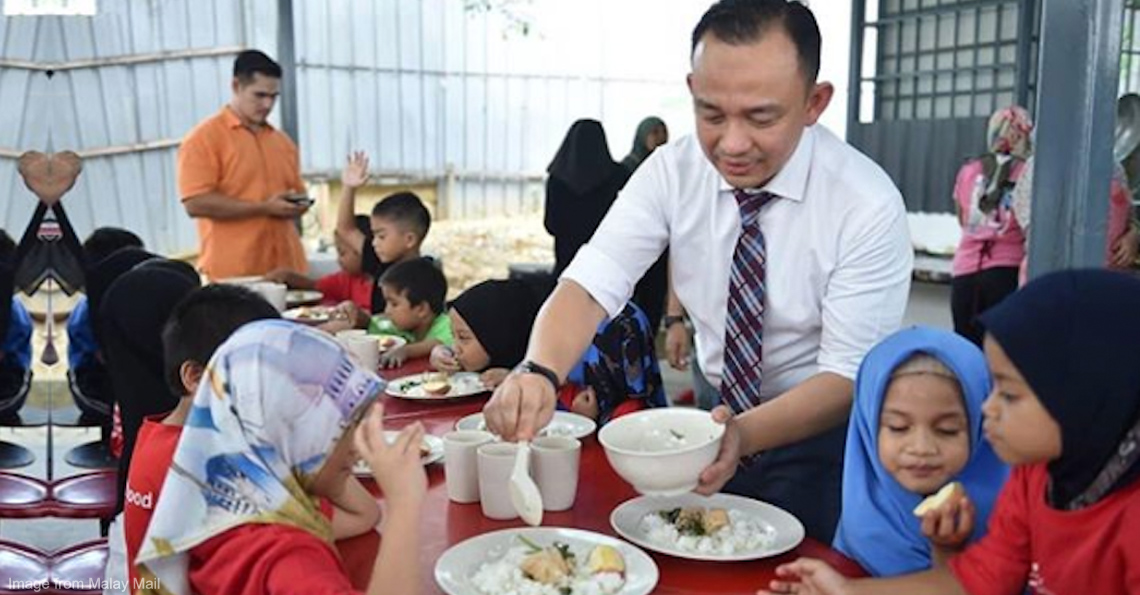
- 700Shares
- Facebook666
- Twitter3
- LinkedIn4
- Email5
- WhatsApp22
By now, you may have already heard about the Ministry of Education’s (MOE) decision to launch a free breakfast club programme for primary school pupils in January 2020. And, unlike the previous Supplementary Food Programme (RMT), which is a food aid programme for schooldkids from hardcore poor families, this new breakfast programme is said to be for ALL primary school children (there are more differences between RMT and this new programme but we’ll get to that later).
This programme has sparked a debate between those who support (aka team “free breakfast”) and oppose the decision (aka team “it’s parents’ responsibility”, because they claim that breakfast meals are parents’ responsibilities and giving free food to pupils is a waste of taxpayers’ money).
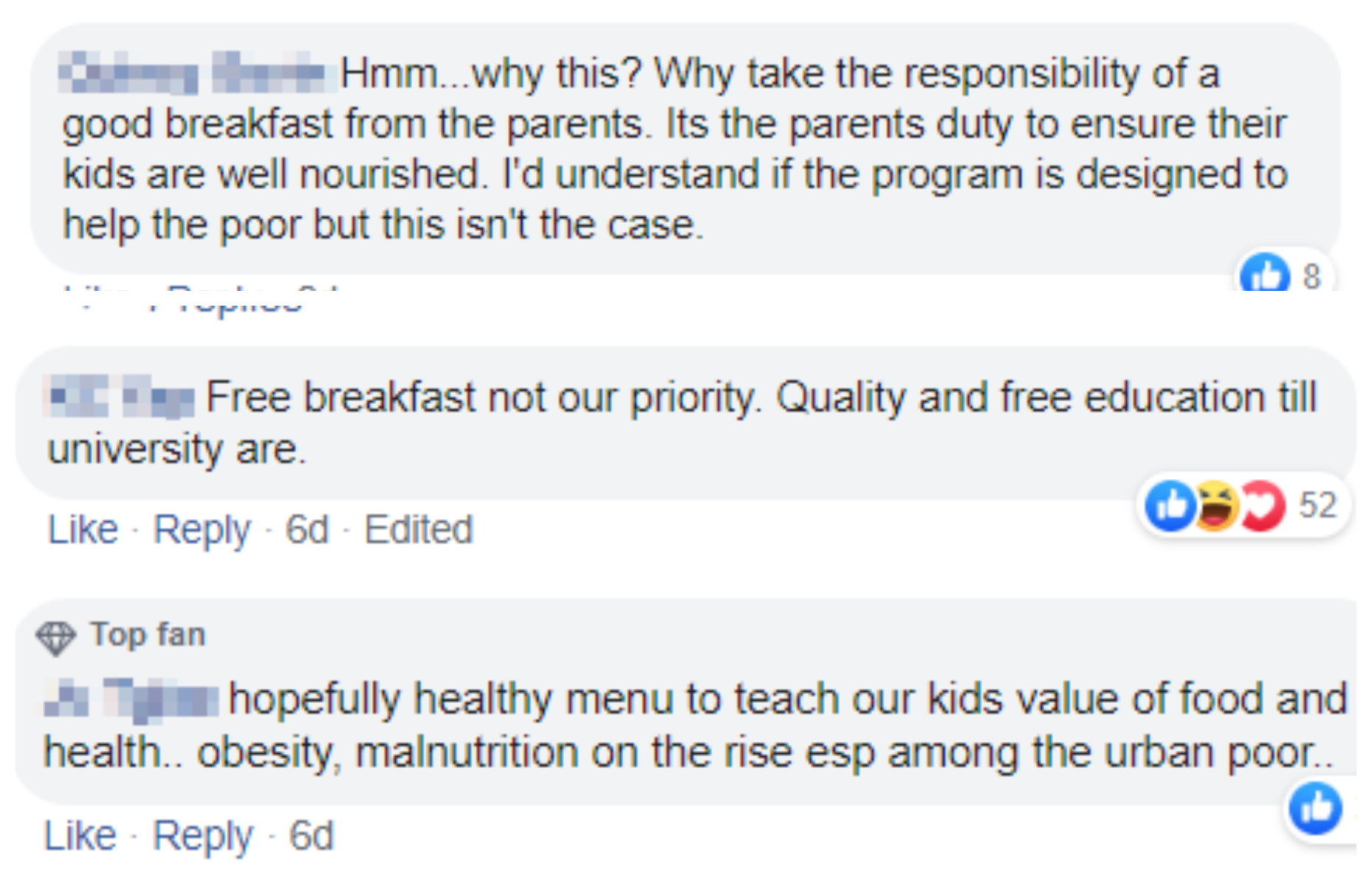
But before we proceed with the story, a poll!
Now Education Minister, Dr Maszlee Malik, reportedly stated that his ministry wants to ensure that pupils continue to stay healthy and active in schools.
“Our children need a precise eating schedule and balanced eating habits to ensure that they continue to stay healthy and active, while they stay focused in their studies every day.” – Maszlee told The Star.
However, after we dug in deeper into the topic, we found out that…
No, gais. Breakfast meals DO NOT have health benefits at all!
You’re might be familiar with this famous line:
“Breakfast is the most important meal of the day.”
But what if we tell you that this statement might not actually be true?
See, what most of us may not know is that this line was written and published in the oldest health magazine, Good Health, which was apparently edited by a certain Dr. John Harvey Kellogg. If you think Dr John’s last name seemed oddly familiar, that’s because he was also the co-inventor of…

Now Dr John is a legit doctor but, at the same time, he also has a product to sell laa. So, that’s why the famous line about breakfast is believed to be nothing more than just a marketing tool to influence people to purchase Dr John’s and other breakfast products. #agendacereals.
Despite a few studies that found beneficial health effects of breakfast such as…
- People who take breakfast have lower Body Mass Index (BMI) compared to those who didn’t,
- Children who take breakfast have higher IQ as opposed to those who didn’t, or
- Skipping breakfast causes lower performance in school children
…a few other more recent studies proved that breakfast may not bring any health benefits to us at all!
For instance, a recent study by Monash University Australia showed that skipping breakfast can help you lose weight! Meanwhile, Leah Cahill, a research fellow at Harvard’s School of Public Health had this to say about how good skipping breakfast is:
“[E]specially in terms of obesity, these effects might be more preventative than treatment, because short-term clinical trials in already obese adults have not shown much of a weight loss benefit from eating breakfast as compared to skipping breakfast.” – Leah Cahill, as quoted by Huff Post
In fact, even local researchers from Universiti Terengganu Malaysia found that skipping breakfast don’t really affect primary school pupils’ focus in class or even help strengthen their memories.

However, if you’re a malnourished child, any food kinda helps
Of course, those results don’t necessarily apply to all primary school children. The kids who weren’t affected by breakfast were those in Selangor, and the researchers also pointed out that children who suffer from malnutrition may still need breakfast. They claimed that malnourished children who have improved their nutritional status from bad to normal – thanks to school breakfast programmes – tend to show improvement in their school performances.
And because of that, the ministry will be collaborating with the Ministry of Health to monitor the food that will be served to pupils.
“The Health Ministry will determine two aspects. One is food safety and the other, the nutrition and dietary requirements of the food.” – Health Minister Datuk Seri Dr Dzulkefly Ahmad to NST.
But there’s actually more to the breakfast programme then giving out free healthy food to school children. See, we’d like to remind you again that the new breakfast programme isn’t the Supplementary Food Programme (RMT), another food programme which has been around since 1976 to help primary school children from hardcore poor families.
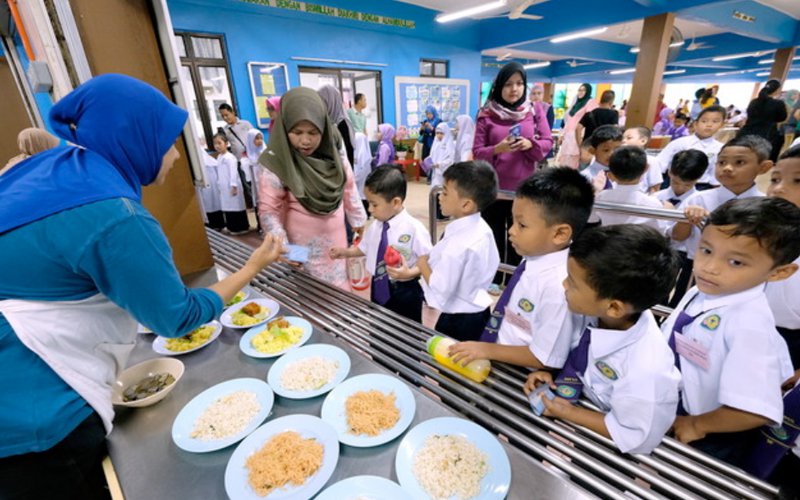
Pupils who receive help under RMT are picked based on their families’ socio-economic status and criteria like:
- Malaysians with household incomes between RM580 to RM930 per month (this is actually under the current poverty line tho),
- Children of orang asli families (except for those living in hostels), or
- Disabled children
These children would be given free meals – schools would choose 10 out of 20 menus for the pupils – a few minutes before recess. As these kids are from the poorest in society, these free meals for breakfast will do them much good. However, this may seem to clash with the new food-for-all plan that’s in the works… which is probably why some Malaysians are questioning the need for another food programme when schools already have the RMT.
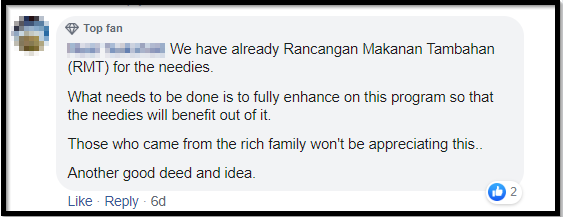
But the new breakfast programme is NOT the same with RMT, nor is it just a way to make rich kids eat like peasants, because…
The new breakfast scheme is actually aimed at teaching kids ethics and civics!
The RMT, or even any other universal free school meals that are currently implemented in countries like Sweden, the UK and India, are mainly implemented to attract children to come to school.
However, the new breakfast programme, which will benefit a total of 2.7 million pupils regardless of their socio-economic background, is actually meant to give kids a civics education by introducing them to ethics during eating and responsibility. (See, it’s not always about food okay?)
“They will be eating with their teachers and the teachers will be teaching them healthy eating habits and the ethics of it so it is a civic education package, not only free food.” – Maszlee to Malay Mail.
Maszlee added that the programme is similar to the ones practiced in Japanese primary schools, which emphasises food and nutrition education in school children.
In Japan, for instance, food and nutrition education are vital in child’s early education. The Japanese believe that children are able to understand that what they put in their bodies can affect their activities for the rest of the day. That is why Japanese primary schools allow children to serve, eat together in classrooms and clean up after the meal.
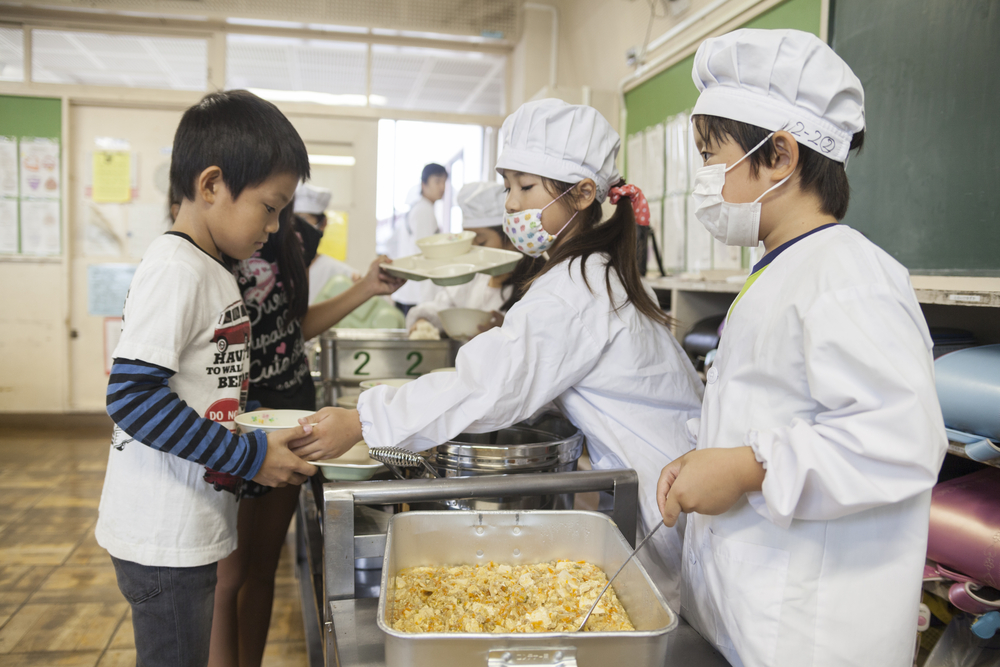
Students in South Korea, on the other hand, would have to eat with their teachers. Not only that, the teachers would have the same meal of the day and would be sitting at the same tables as students, unlike school teachers in Malaysia who would be sitting in a special room to eat.
And this is exactly what MOE wants to implement anyway. So, the ministry’s move to introduce this programme may not seem like a bad idea considering the ministry has brought back civic education to the education system.
“The implementation (of civic education) is done inside and outside the classroom involving schools, the community, the private sector and the ministry,” – Maszlee told Malay Mail.
Hopefully, with good intentions behind this new food programme, the next generation of schoolkids will not only grow up with plenty in their tummy, but also plenty to contribute to society.
- 700Shares
- Facebook666
- Twitter3
- LinkedIn4
- Email5
- WhatsApp22



